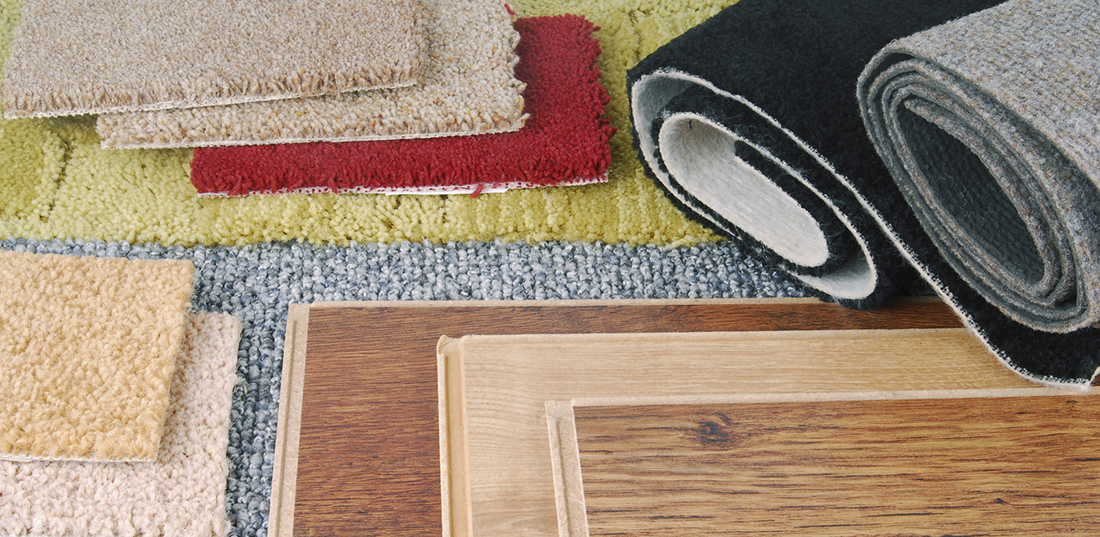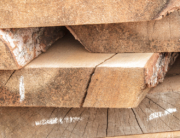If you suffer from allergies, use this guide to differentiate between the good, the bad and the ugly when choosing new flooring for your home.
The ugly: thick carpet
Heavy, high-pile shag carpets are the worst flooring options for people looking for relief from dust and other airborne allergens. These products hold onto pesky particles and other irritants. They can also prove tough for even the most capable vacuums to push through.
If carpet is your only option, go low-pile with a tight nap. Berbers and cut-loop patterns can be a nice place to start shopping.
The bad: air-polluting flooring materials
Floorings that are high in VOCs — aka volatile organic compounds — can be harmful to us all. But they are especially hard on those who already have sensitive allergies. The adhesives used in some types of engineered hardwood, laminate and vinyl floorings can carry high amounts of VOCs.
Check labels and ask about the installation adhesives for glue-down items. Some of these products are continuously off-gassing. Others will cure or be encapsulated.
The good: solid-surface and hardwood flooring
Hard surface flooring really is a great option for allergy sufferers! The various types are easy to keep dusted and won’t absorb airborne particles. As discussed above, you want to look for nail-in or staple-down products when possible and keep it organic.
Solid 3/4-inch hardwood is an option that will add value to your home, require simple maintenance and allow you to breathe easy. If you are having the floor site-finished, rather than factory-finished, you should ask about how the contractor plans to control the sanding dust and about the types of finishes they will apply. These days there are some amazing waterborne finishes that will keep the VOCs low and the stench out, too.
Relieving your indoor allergies
So what’s the best way to know if you are picking out products that will work with, not against, your health? Make sure your contractor knows what she is talking about — and if she doesn’t have an answer right away, she should at least know whom to ask.
Many flooring manufactures are making this information very easy to obtain. Don’t be afraid to ask for documentation of any health claims a sales rep is making.
This article was originally published at Angie’s List.






